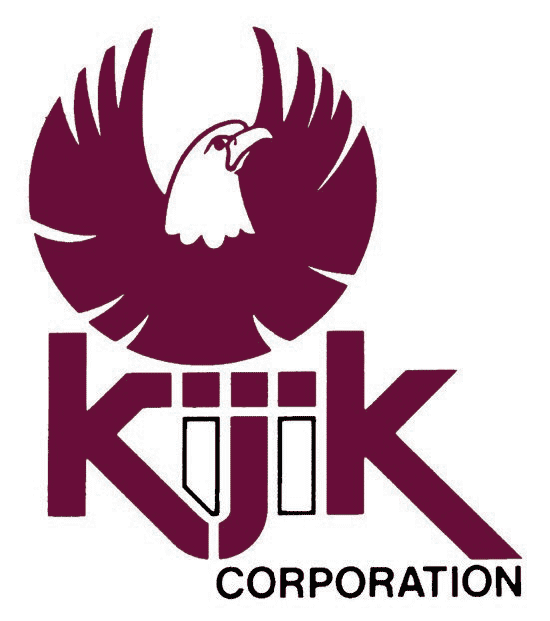LANDS
Kijik’s 126,000 acres of surface estate around Lake Clark and Six Mile Lake are some of the most beautiful and pristine areas in the region. Our lands are adjacent to the Lake Clark National Park and Preserve, and are only accessible by plane, boat or snowmachine. Buttressed up against rugged mountain passes and crystal-clear lakes, Kijik’ s lands largely remained untouched by time.
Kijik’s management and stewardship of its lands are guided by our cultural values and traditional subsistence practices.
Natural Resources
Recreational Development – Keyes Point
Recreational Opportunities – General Public Permits
Kijik Corporation welcomes visitors. General public (Non-shareholder or Descendent) visitors are required to obtain a recreational land use permit prior to entering or visiting Kijik land.
Permits are granted for non-motorized access for non-consumptive purposes only. “Non-consumptive” activities may include but not limit to hiking, biking, skiing, sightseeing and other passive recreational uses. Permits are $100 per individual per calendar year, each use not to exceed 14 days without a 3 day break in between uses.
No hunting or trapping is allowed at any time.
Download Permit Application
Permits for fishing or other consumptive use may be granted on an individual basis. Please contact Kijik Corporation.
To inquire about a permit, please call Kijik Corporation at (907)561-4487, toll-free (800)478-4487 or email: info@kijikcorp.com
Lands Monitoring and Trespass
Kijik’s lands are actively monitored for proper use. Kijik reserves the right to deny or withdraw approval of any permit application. Kijik’s lands are private and are subject to the jurisdiction of the State of Alaska. It is your responsibility to ensure you are in compliance with Kijik’s access requirements and State laws.
To report trespassing please contact Kijik’s office: 907-561-4487 (phone) or email info@kijikcorp.com
Subsistence Use Applications (Shareholders and Decedents Only)
- Seasonal Land Use Permits- $100.00
Accessible Areas: Chulitna Rive, Tazimina River, Newhalen River, Lake Clark, or other location. Permit periods are valid only for the year issued and non-transferable).
- Firewood Harvesting Permit - Shareholders with less than 76 shares of stock may purchase a permit to cut above their shareholder allotment and up to the 3000 linear feet limit at the rate of $.25 per linear foot. One-time-only permits will be issued to shareholders of Kijik Corporation in the following ratio:
-
-
-
- 1 – 25 shs. = 750 linear feet
- 25 – 50 shs. = 1500 linear feet
- 51 – 75 shs. = 2250 linear feet
- 76 – 100 or more shs. = 3000 linear feet
-
-
Download Permit Application
- Fish Camp Site Permit - $25 initial fee and $25/year thereafter
Permits valid for 10 years. Property taxes associated with the land site are the permit holder’s responsibility. Improvements on fish camp sites under a Kijik permit shall be considered temporary if they meet the following requirements:
- They must not exceed 400 square feet and may not have a second floor.
- They may not stand on concrete pilings.
- They may not have electricity, a well, plumbing, or a septic system.
- They may not have insulation in the walls.
- No significant earthwork shall be required to construct the improvements and no heavy equipment may be used.

